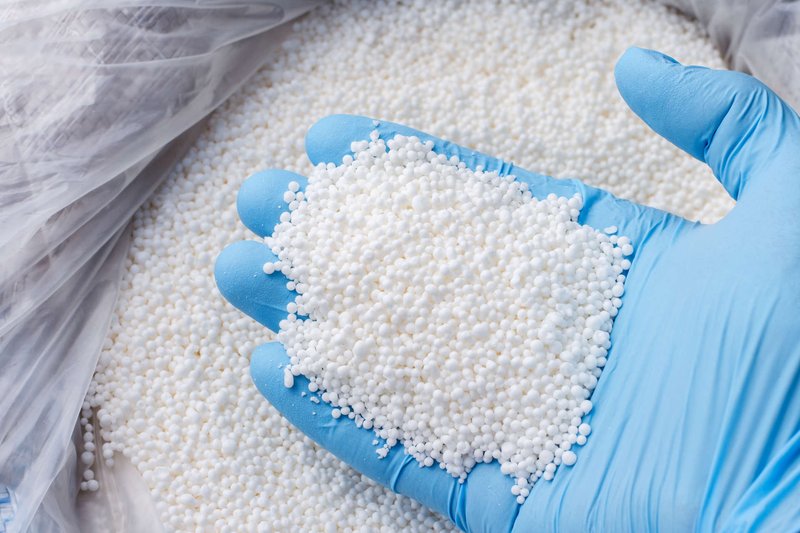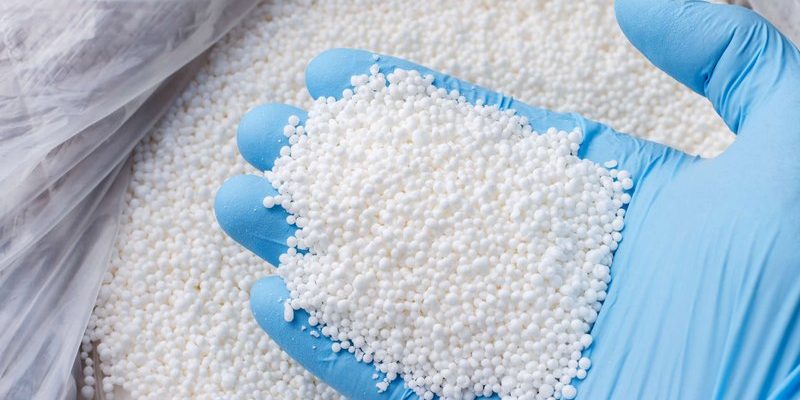
Earthworm castings, also known as vermicompost, are often hailed as “garden gold.” They’re produced by worms digesting organic matter, turning waste into nutrient-rich droppings. Think of it as nature’s recycling system at work! On the other hand, synthetic fertilizers are created in a lab, providing a quick nutrient boost to plants but sometimes lacking the beneficial extras found in organic options. So, how do these two heavyweights stack up against each other? Let’s dig into it!
What Are Earthworm Castings?
Earthworm castings are the nutrient-rich excrement of earthworms. When worms consume organic matter, like kitchen scraps and dead leaves, they break it down into a form that plants can easily absorb. It’s like the worms are nature’s little compost machines! These castings are packed with essential nutrients such as nitrogen, phosphorus, and potassium, along with beneficial microbes that promote plant growth.
You might be surprised to learn that these castings contain about five times more nitrogen, seven times more phosphorus, and eleven times more potassium than regular soil. Instead of just feeding your plants, they also improve soil structure, helping retain moisture and enhance drainage. Imagine adding a little sponge to your garden soil, soaking up water and nutrients and making them available to your plants whenever they need it.
Lots of gardeners swear by earthworm castings, claiming their plants are healthier, more vibrant, and better able to resist pests. It’s not just gardeners, either—many organic farmers are jumping on this bandwagon. Plus, it’s sustainable and environmentally friendly. Using earthworm castings means you’re recycling organic waste while giving back to the Earth—what’s not to love?
What Are Synthetic Fertilizers?
Now, let’s turn our attention to synthetic fertilizers. These are manufactured chemical compounds designed to quickly deliver nutrients to plants. They’re like a fast-food meal for your garden—convenient and effective in the short term, but may come with some downsides. Synthetic fertilizers typically contain a mix of nitrogen, phosphorus, and potassium, which are essential for plant growth.
One thing to keep in mind is that synthetic fertilizers can lead to quick growth, but they don’t improve soil health like earthworm castings do. Over time, relying solely on these chemical fertilizers can lead to soil degradation, making your plants less resilient to diseases and pests. It’s similar to how a diet high in processed foods can impact your health. You might feel energetic at first, but eventually, your body craves those wholesome nutrients.
Also, synthetic fertilizers can leach into the water supply, leading to pollution. This means that while they might help your plants today, they could harm the ecosystem in the long run. So, if you’re considering synthetic options, it’s worth weighing the pros and cons carefully.
Benefits of Earthworm Castings
Using earthworm castings offers numerous benefits for your garden. First, they naturally enrich the soil without the risks associated with synthetic fertilizers. You’re not just feeding your plants; you’re fostering a healthy environment for them to thrive.
Here’s a quick breakdown of the advantages of using earthworm castings:
- Organic Matter: They improve soil structure, allowing for better air circulation and water retention.
- Nutrient-Rich: Packed with essential nutrients and beneficial microorganisms that enhance plant health.
- Eco-Friendly: By recycling waste, you’re promoting sustainability and lessening your environmental impact.
- Pest Resistance: Healthier plants are better equipped to fend off pests and diseases.
You’ve probably noticed that most organic gardening methods prioritize healthy soil, and earthworm castings play a crucial role in achieving that. So if you’re looking for a way to boost your garden’s health naturally, consider incorporating these little wonders into your planting routine.
Downsides of Earthworm Castings
While earthworm castings have many advantages, they aren’t perfect. At times, you may find yourself wondering if they reliably deliver the same quick results as synthetic fertilizers. Here are some downsides to consider:
- Availability: Finding high-quality castings can be a challenge. You might need to buy them from specialized stores or invest time in creating your own worm bin.
- Slow Release: Nutrients in earthworm castings are released more slowly compared to synthetic fertilizers. This can be less suitable for plants needing immediate attention.
- Cost: They can be pricier than conventional fertilizers, depending on where you source them.
Here’s the thing: while you might experience slower results, the long-term benefits often outweigh the downsides. But if you’re in a pinch for time or need to quickly revive struggling plants, synthetic fertilizers may be more convenient.
Benefits of Synthetic Fertilizers
Synthetic fertilizers offer quick results, making them a go-to for many gardeners. If you need to give your plants a fast dose of nutrients, they can deliver just that. Here are some plus points:
- Immediate Impact: Plants can absorb these nutrients quickly, leading to faster growth.
- Easy to Find: Available at most garden centers and supermarkets, making them super convenient to purchase.
- Options Galore: There are various formulations tailored for specific plants and growth stages.
- Cost-Effective: Generally more affordable than organic options like earthworm castings.
If you’re in a hurry or facing an unexpected pest problem, synthetic fertilizers can be beneficial. However, just remember they don’t contribute to long-term soil health.
Considering a Balanced Approach
So, what’s the best route to take? Honestly, many gardeners find that a combination of earthworm castings and synthetic fertilizers can yield the best results. Think of it as a balanced diet for your plants. By using castings at planting time and supplements of synthetic fertilizers as needed, you can enjoy the benefits of both worlds.
For instance, add earthworm castings to your soil during the spring to improve its health. Then, during the growing season, you can address any immediate nutrient needs with a synthetic fertilizer. This way, you’re nurturing your garden’s long-term health while still enjoying the speedy effects of synthetic options.
When considering this balance, keep an eye on your plants and adjust accordingly. Each garden is unique, so finding the right mix that works for you may take a bit of trial and error.
Ultimately, the choice between earthworm castings and synthetic fertilizers comes down to your gardening goals. If you’re looking for a sustainable, eco-friendly way to promote long-term soil health, earthworm castings are the way to go. They’re an investment in your garden’s future.
However, if you need fast results and convenience, synthetic fertilizers can serve their purpose. Just be aware of their drawbacks and avoid using them as a crutch for your gardening needs.
Whichever path you choose, remember that every garden is a journey. Nurturing your plants is about finding the right balance, being patient, and learning along the way. Happy gardening!

